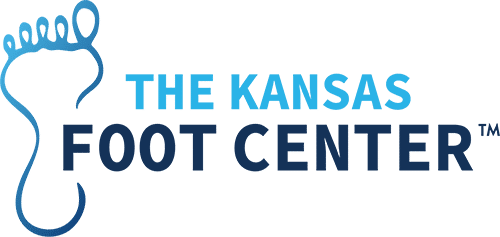How to Relieve Nerve Pain
What is pain? That’s not really an easy question to answer, but it has something to do with how and why your body responds to trauma. When something gets damaged—say you scrape your knee—it stimulates nerve endings, which sends signals back to the spinal cord and brain. This registers as “pain,” and forces you do something about it. In this way, it acts as a warning system that not-so-subtly encourages you to take corrective action before it’s too late.
Unfortunately, the nerves themselves may also be damaged, disrupting or even outright snapping the connection between body and brain. Damaged nerves can report all kinds of painful symptoms to the brain, including sensations that evoke sharp stabbing, burning, shocking, freezing, and more. This not only causes discomfort in and of itself, but also reduces your body’s ability to sense and respond to more ordinary injuries.
Nerve pain can result from a complex set of injuries, diseases, conditions, and circumstances. In all cases, it’s important to seek treatment quickly, or else damage may become permanent. Here are five strategies to help you relieve nerve pain:
- Eating right and exercising. No, it’s not a miracle cure, but healthy lifestyle choices are a critical component of relieving nerve pain and slowing the rate of any damage. Eat a diet rich in nerve-happy nutrients (such as B-complex vitamins) and shoot for at least 30 minutes of moderate activity a day. These things help ensure your body has enough of what it needs to nourish your nerves, and can actually deliver them.
- MLS Laser therapy. We use this state-of-the-art treatment to relieve pain and promote healing for many common conditions, including nerve pain. The photon energy emitted by the laser promotes the formation of new blood vessels and increases the flow of oxygen and nutrients to the damaged nerve fibers. This not only helps with pain, but can actually help heal and regenerate the fibers to improve overall nerve function.
- Medications. In addition to standard pain-controlling medications, research has indicated that other types of medicines—originally developed to treat separate conditions—have shown promise in treating neuropathic pain, too. For example, some anti-seizure medications feature “nerve-calming” effects which can help with nerve pain in the lower legs, and some anti-depressants that interfere with certain chemical processes in the brain can produce a similar effect. At the same time, nerve-healthy nutritional supplements and medications to control conditions that can cause nerve damage (blood pressure, cholesterol, etc.) may be recommended.
- Physical therapy. Stretches, exercises, bracing, custom orthotics, and other forms of physical therapy can provide many positive benefits. This includes improving muscle strength and coordination, and allowing nerves that have been “pinched” from physical blockages or repetitive motions to heal.
- In rare circumstances, a surgical procedure to reduce pressure on nerves may be necessary. This would most likely be in instances where pain is caused by a tumor, pinched nerve, or other physical obstruction.
If you’re experiencing any painful sensations in your lower limbs—especially if you suspect nerve damage may be involved—please make an appointment with the Kansas Foot Center as soon as possible. Give us a call today at (866) 222-5177.
